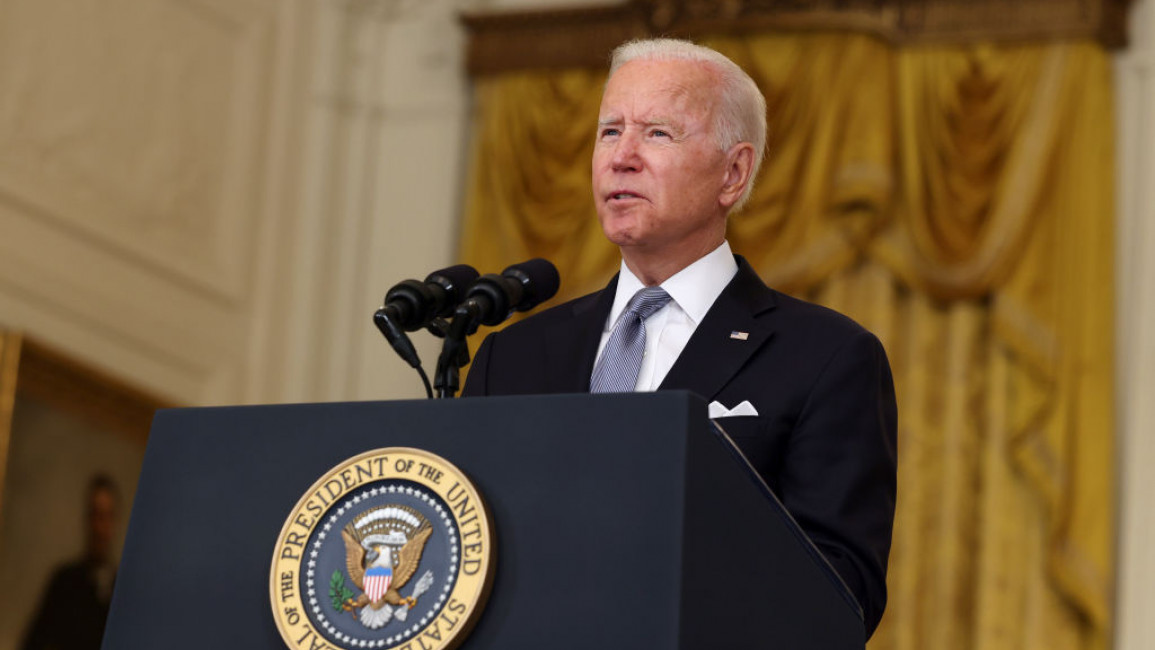Taliban face 'existential' choice on international recognition says President Biden
The Taliban face an "existential" choice about how they are seen by the rest of the world after their sweeping military victory in Afghanistan, US President Joe Biden said.
"I think they're going through sort of an existential crisis about do they want to be recognized by the international community as being a legitimate government," Biden said in an ABC News interview that aired Thursday.
The insurgency, which outlasted a combined US-led international force and the now-defunct Western-backed Afghan government in 20 years of war, will now face different problems, he predicted.
While the Taliban is motivated by a powerful Islamist agenda, "they also care about whether they have food to eat, whether they have an income that they can provide... and run an economy," Biden said.
"They care about whether or not they can hold together the society," he added.
The US president who defended the chaotic exit of the final US troops, foreigners and Afghan allies after the Taliban victory, said he was "not counting" on the Taliban to shift their priorities.
On the other hand, "I'm not sure I would have predicted" the current scenes where Taliban leaders are cooperating with the US military to ensure safe passage to the evacuation for American citizens, he said.
Should anti-US terrorism groups like al-Qaeda re-establish themselves in a Taliban-controlled Afghanistan, the United States retains "an over-the-horizon capability to take them out," Biden said, referring to missile and other long-distance military strikes.
For now, the threat is far greater in places like Syria and East Africa "than it is from the mountains of Afghanistan," he said.



